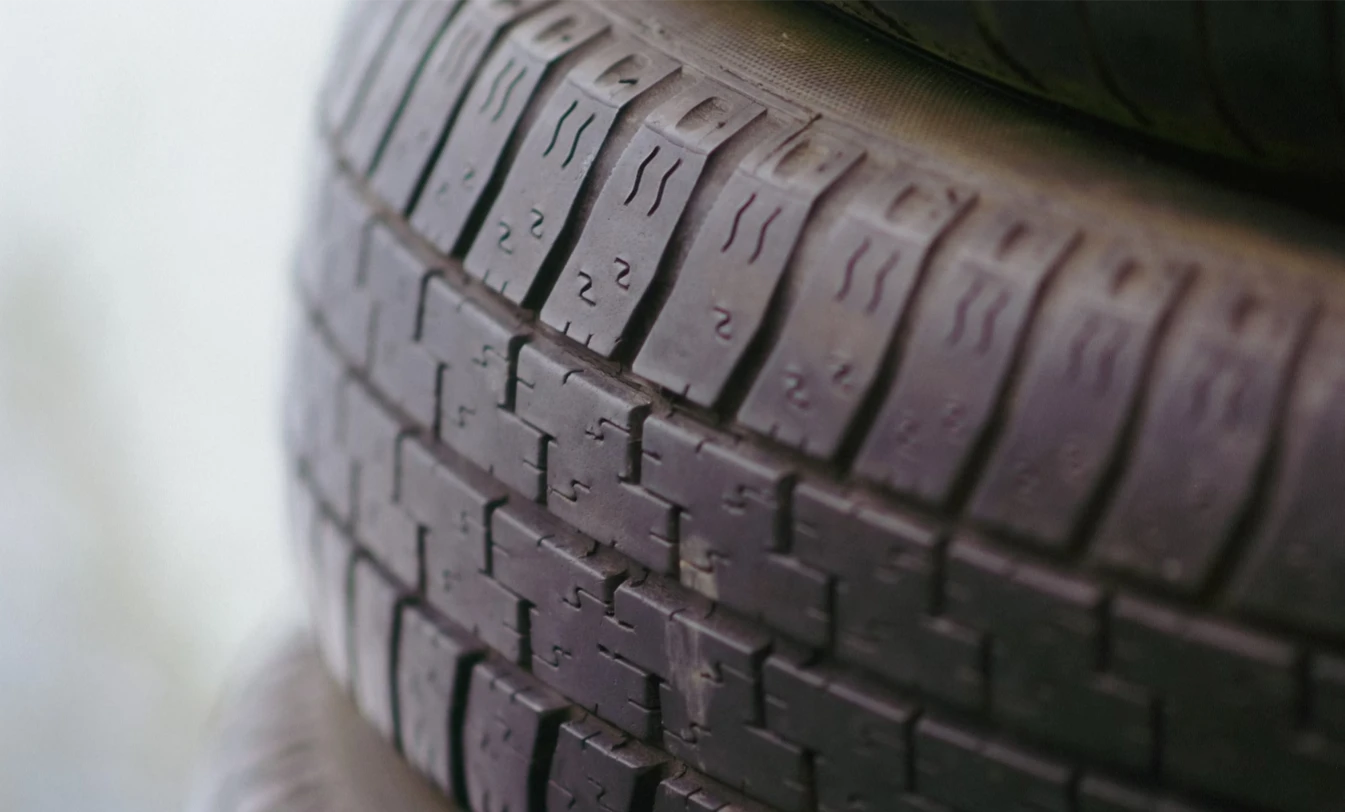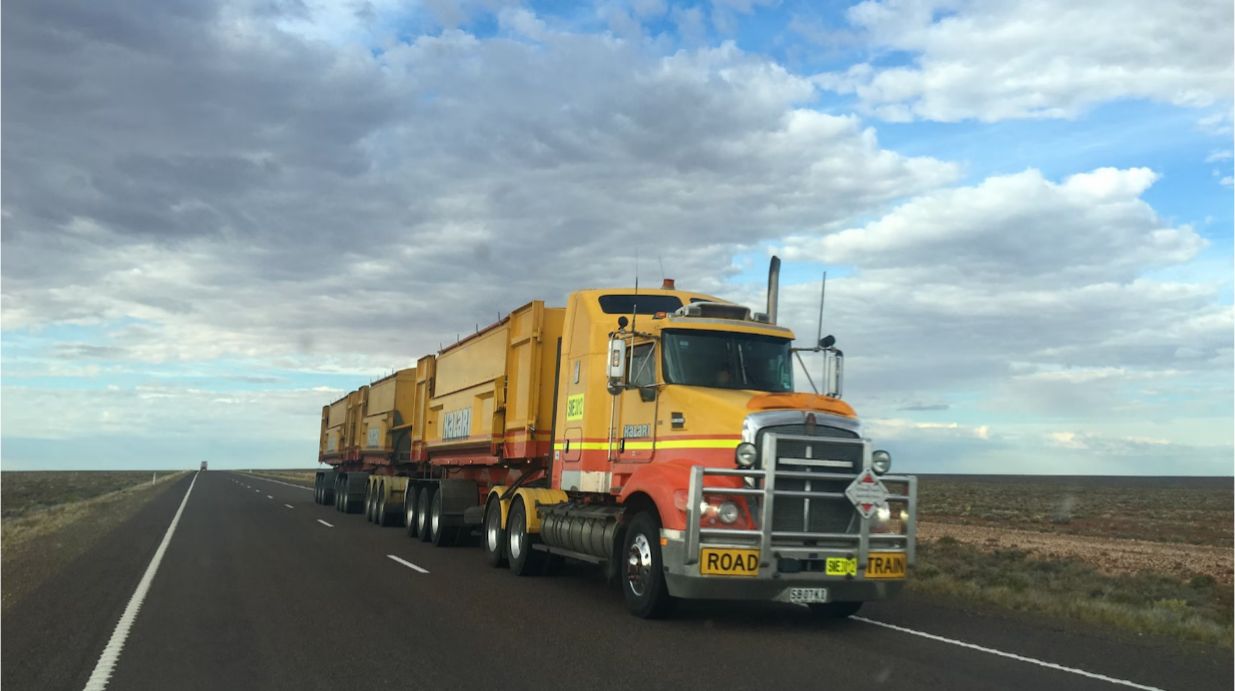In only a year, a semi-truck can rack up upwards of 15,000 dollars in repairs. Yet as many commercial drivers know, you don’t need to drive a semi to know that when your vehicle breaks down, the bill can quickly become astronomical.
The good news is that preventative maintenance can help catch problems before they cost you thousands of dollars. But the bad news is that it’s not always easy to keep track of all the tasks associated with maintaining a fleet of vehicles or even one. So how do you keep track?
Keep reading because we’ve created the only preventive commercial vehicle maintenance checklist you will need.
Oil Changes
Every vehicle needs regular oil changes to continue functioning correctly. Oil plays a role in keeping the many components of your engine lubricated, clean, and cooled. But over time, the oil will break down. When this happens, it becomes less effective, and you may notice things like reduced mileage. Regular oil changes can keep your vehicle running efficiently and you on the road and earning money.
Fluid Levels
As humans, we need water for our bodies to keep functioning. Similarly, your vehicle needs its own types of fluids so that you can keep on truckin’.
Checking your vehicle’s fluid levels on a regular basis can help prevent major problems. That’s because not having enough of the correct fluids can cause issues.
For example, if the engine oil is low, it can lead to engine damage. If the coolant is low, it can cause the engine to overheat. If the power steering fluid is low, it can make it difficult to steer the vehicle. If the brake fluid is low, it can make it difficult to stop the vehicle. And if the transmission fluid is low, it can damage the transmission.
Commercial Vehicle HVAC
Your commercial vehicle’s HVAC system helps keep your vehicle comfortable. That’s one of the few why when it comes to your vehicle’s HVAC system, you don’t want to forget regular maintenance.
The first thing to do is to make sure that the filters are clean and replaced on a regular basis. This will help to ensure that the airflow is not restricted and that the system is able to work effectively.
Next, have the system checked for leaks on a regular basis. This can be done by a professional or by yourself if you know how to do it. If there are any leaks, they should be repaired as soon as possible to prevent further damage.
You also need to ensure that the system is serviced regularly by a qualified technician. This will help to keep it running at peak efficiency and catch any potential problems before they become major repairs.
Finally, if you do need new parts, make sure your technician uses quality parts from a reputable brand. For example, when you make sure they’re sourcing Kenworth HVAC parts, you’ll see that many of these components come with lifetime rust-free guarantees.
Tuning of the Engine
To ensure your commercial vehicle is operating at peak performance, it is important to tune the engine regularly. This process involves adjusting the engine’s fuel mixture and ignition timing to optimize combustion and power output.
Regular engine tuning can help improve fuel economy, prevent engine damage, and extend the life of your vehicle.
Inspect Your Brakes
The last thing you want is for your brakes to fail you while driving. Stopping heavy commercial vehicles takes time, and when your brakes are old and worn down, stopping can take longer. This can be the difference between causing an accident or safely continuing your drive.
Depending on how often you use your commercial vehicle, you should inspect your brakes at least once a year.
Here is a checklist to help you ensure that your brakes are in good condition:
- Check the brake fluid level and condition
- Inspect the brake pads and shoes for wear
- Inspect the brake rotors and drums for wear or damage
- Check the brake lines and hoses for leaks or damage
- Check the parking brake to make sure it is functioning properly.
Tires, Wheels, and Rims
The wheels on your bus (or another commercial vehicle) will only continue going round and round with proper care and checks. Tires are the only contact between your commercial vehicle and the road, this may seem like an obvious statement, but it can be easy to overlook your tires unless they’re causing a problem. However, they play a critical role in your vehicle’s performance and safety. That’s why it’s important to keep them in good condition.
Wheels and rims also play an important role in your vehicle’s performance. Here are some things to look for when you’re inspecting your tires, wheels, and rims:
- Tire tread depth
- Tire pressure
- Wheel alignment
- Rim damage

Lubrication
Commercial vehicles are subject to high levels of stress and wear, which makes regular lubrication an essential part of preventive maintenance. Lubrication is the process of applying a lubricant to a moving surface. This helps to prevent friction and wear. Lubrication can be done with oils, greases, or other fluids. But most commercial vehicles use EP Lithium Grease.
The goal of lubrication is to prevent metal-on-metal contact between moving parts, which can damage surfaces and cause component failure. EP Lithium Grease has excellent metal adherence. This makes it great for lubrication.
Lights Inspection
When your lights go out, the road quickly becomes a much more dangerous place. You should complete at minimum a quick visual inspection on your lights once a month. This will help you to make sure that they’re working and working well. This includes the headlights, taillights, brake lights, and turn signals.
Interior Inspection
The interior of your vehicle is just as important as the exterior. But what exactly should you be looking for during an interior inspection?
Here is a detailed checklist to help you make sure your vehicle is in top condition:
- Check all gauges and displays
- Inspect the seats for any tears or damage
- Check the flooring for any rips or holes
- Examine storage compartments and cubbies for proper operation
- Inspect the ceiling for any leaks or damage
- Test all lights and switches to ensure they are working properly
Hit the Road Jack and Save Money With Preventative Maintenance
Are you ready to hit the road? Don’t get rolling until you’re sure that your commercial vehicle is road ready as well by investing in preventative maintenance. This will ultimately help you save time and money. Use this checklist and it will help you keep track of what you should be keeping an eye on.

